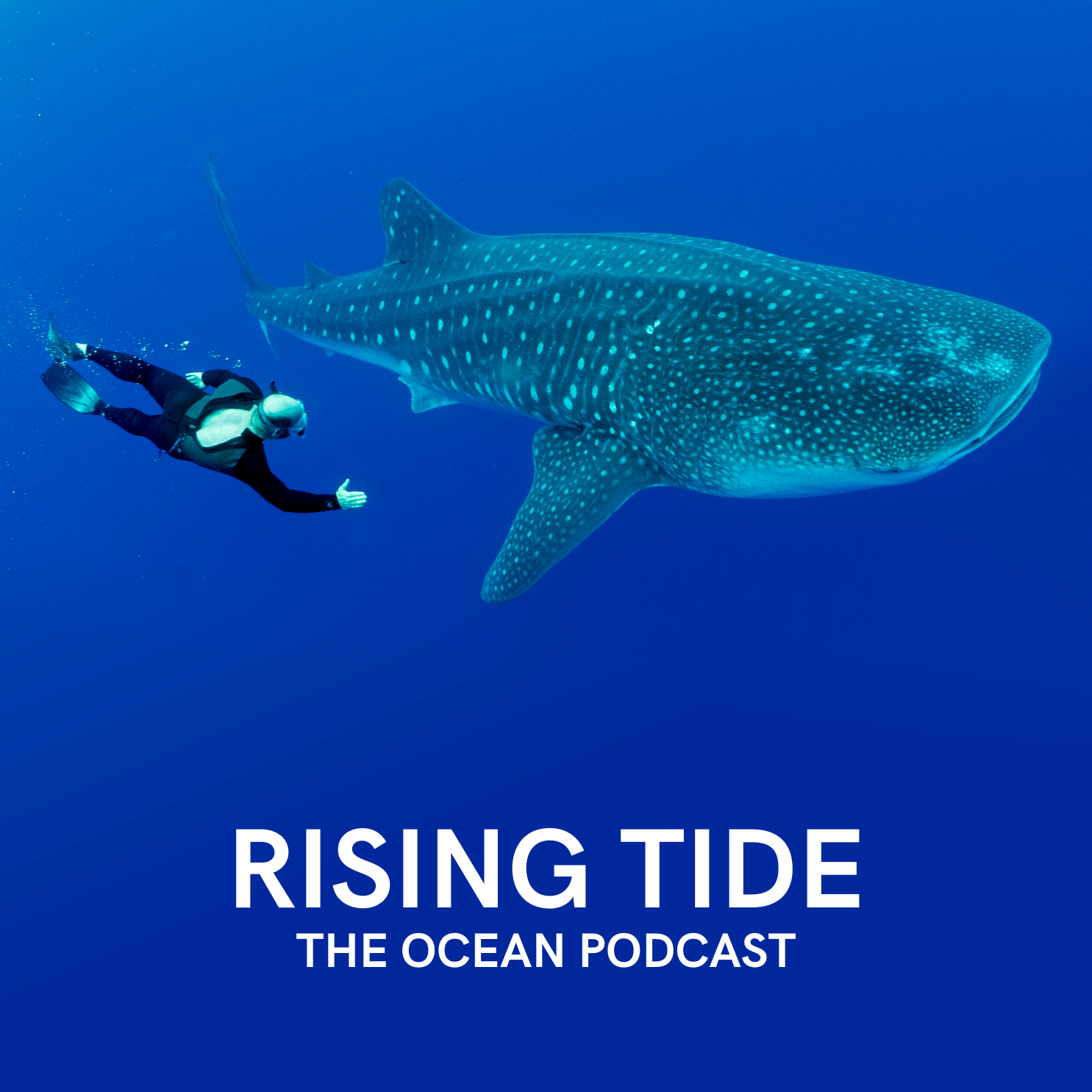Tides of Change: Unpacking Ocean Policy with George Leonard
The Future of Our Oceans: Challenges and Opportunities in a Changing Political Landscape
Hosts David Helvarg and Vicki Nichols Goldstein of the Inland Ocean Coalition discuss the impacts of the Trump administration on U.S. public seas with George Leonard, a former chief scientist at the Ocean Conservancy and a science and policy consultant. They delve into the consequences of a new mega bill passed by Congress, which significantly cuts NOAA’s funding and threatens the future of ocean conservation. George Leonard shares his background and expertise, highlighting the Trump administration's systematic attacks on science and renewable energy initiatives. The discussion covers the dire effects of budget cuts on marine mammal protection, coastal habitats, and crucial research initiatives. The hosts and guest emphasize the need for bipartisan efforts and public education to combat the adverse effects of the bill and to protect the ocean. The episode concludes with a call to action for listeners to vote and advocate for ocean-friendly policies.
In an engaging and insightful episode of the "Rising Tide Ocean Podcast," hosts David Helvarg and Vicki Nichols Goldstein, alongside guest George Leonard, explore the current threats facing our oceans due to recent legislative changes. This episode offers an in-depth discussion on the impacts of the Trump administration's policies on ocean conservation efforts, particularly focusing on a significant new bill that could dramatically alter U.S. ocean policies. The conversation highlights the necessity for informed public action and policy changes to protect our marine ecosystems.
The podcast kicks off with George Leonard, former chief scientist at the Ocean Conservancy, delineating the effects of the Trump administration’s approach to marine policies. The new bill, which has raised concerns among conservationists, proposes drastic funding cuts to various NOAA programs. These cuts are likely to affect marine mammal and turtle protection, coastal habitats, and crucial climate research initiatives. Leonard expresses concern over the lack of justification behind these reductions, highlighting that essential areas such as the Oceanic Research Initiative face complete termination. Despite some perceived disorganization, Leonard and the hosts agree that the administration’s plans appear to be strategically targeted, pointing to a systemic pattern of undermining scientific foundations integral to public policy. The podcast emphasizes the detrimental effects of these legislative efforts, such as the $2.2 billion reduction in NOAA's funding, and the potential long-term impacts on marine conservation. -
A significant portion of the discussion revolves around specific aspects of NOAA that are under threat, including the National Marine Sanctuaries Program. The program, critical for protecting vital habitats, is facing a 60% budget cut. The anticipated reduction in resources raises concerns about the program's ability to continue its vital work in safeguarding marine biodiversity and managing ocean resources effectively. Leonard provides a poignant reflection on his experiences with the Monterey Bay National Marine Sanctuary, emphasizing the profound personal and ecological value of these protected areas. He warns that cutting the program’s budget will harm efforts to maintain these marine sanctuaries, potentially leading to long-lasting damage that may be challenging to reverse.
The episode also delves into the political dynamics surrounding ocean policy, spotlighting the broader implications of the bill for U.S. marine science and conservation efforts. Both Helvarg and Leonard stress the need for bipartisan collaboration to ensure that the oceans receive the protection they require. The conversation underscores the importance of aligning personal conservation values with political actions, especially in upcoming election cycles. Throughout the discussion, the importance of grassroots advocacy and education in shifting public consciousness towards ocean conservation is highlighted. There is a clear call for increased awareness and understanding of the direct impacts political decisions have on individual livelihoods and the health of our oceans.
As the podcast draws to a close, the hosts and their guest find cautious optimism, acknowledging recent victories in the legislative process, such as protecting incentives for renewable energy technologies. They conclude with a rallying cry for continued public engagement and action, urging listeners to recognize the connection between a healthy democracy and effective environmental policy. By raising awareness and promoting dialogue, the "Rising Tide Ocean Podcast" aims to empower individuals to take part in conserving the natural world that sustains us all. Through focused effort and informed action, there remains hope for turning the tide in favor of healthy oceans and ecosystems.


